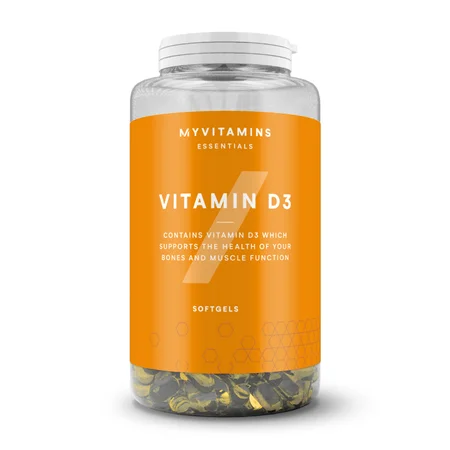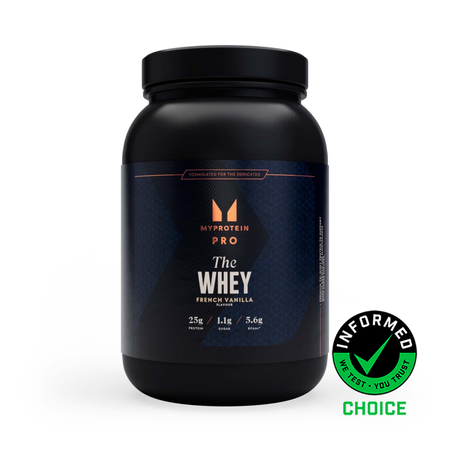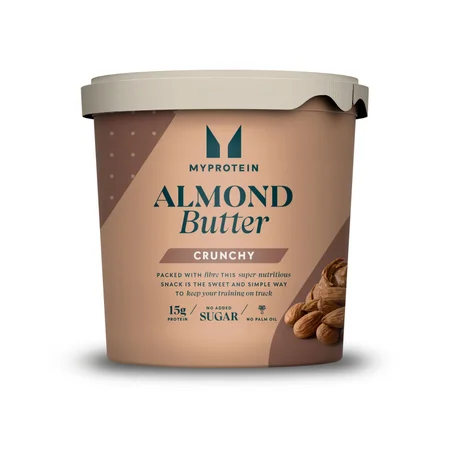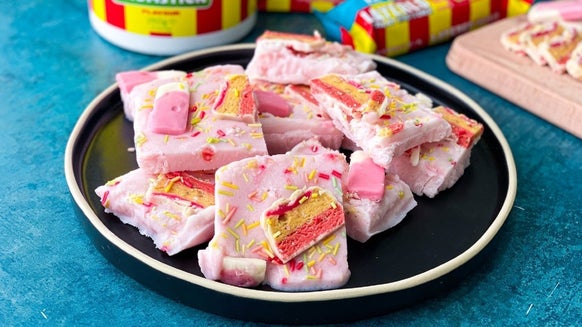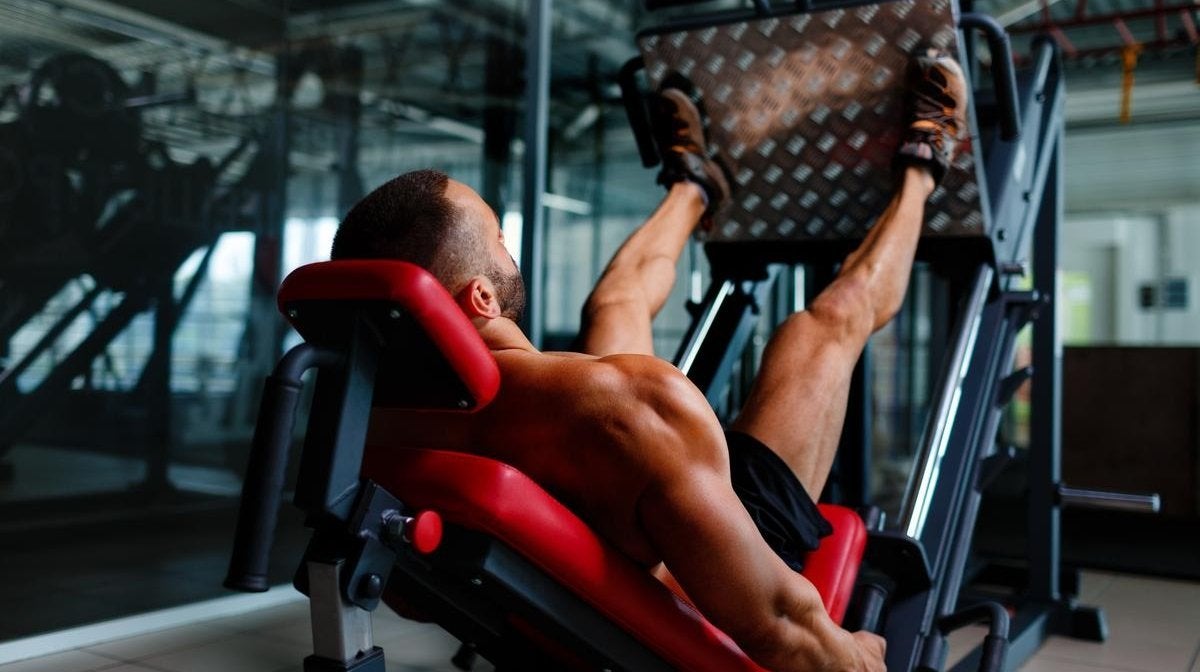
This is possibly the trickiest balancing act you’ll face when it comes to diet — trying to lose fat and gain muscle at the same time. Often, losing some fat is a great way to get healthier, but who wants to lose muscle mass after all the hard work put in to gain it?
The problem is, when you create a calorie deficit (consuming fewer calories than what you burn every day), your body tends to burn a certain amount of fat before it turns to burning muscle, leaving you feeling leaner, but unfortunately, weaker too.
It can be frustrating when you’re not seeing results. Unless you’re brand new to training or have taken a long break, the process of building muscle and losing fat can be a long process that takes time. However, this article will help explain some of the ways you can maintain your muscle while losing fat.

How to Build Muscle and Lose Fat
1. Eat Healthy Fats
Hold off on that huge scoop of full-fat ice cream — it's the healthy fats we’re after here. Dietary fat is really useful for gaining muscle as it can help you boost your energy intake and provide extra fuel for those tougher workouts. They also help promote the production of hormones in our bodies, including testosterone which can help increase muscle mass.
Before you grab the chocolate spread or add more butter to your toast in the morning, opt for some Omega-3’s instead. This way, you’ll be able to lose fat and gain muscle at the same time.
Salmon Tuna Mackerel Sardines Chia seeds Flaxseeds - Canola oil
Learn more about all the benefits of fish oil like improved vision and cognition here...
2. Follow a High-Protein Diet
It’s all too obvious — if you want to build muscle protein, you need to eat more...protein, of course. Muscles require protein for their growth and repair. So, fill your plate with fish, lean meat, eggs, tofu, beans and pulses, and low-fat dairy. A lot of low-calorie diets result in a low intake of protein which can result in poor growth and loss of muscle mass, even if you’re shifting the fat.
Increasing your protein intake can be helpful to minimise the loss of lean body mass. Out of a group of young, healthy, elite athletes, those given a high-protein diet lost more weight whilst still maintaining muscle in comparison to those with a normal amount of protein in their diets.
Protein also takes longer than carbs to digest, so it can keep you feeling fuller for longer. When you’re satisfied thanks to higher protein intake, you’re less likely to crave higher calorie snacks and, extra fats and carbs. Reducing overall calorie intake by limiting fat and excess carbs can help you lose fat and gain muscle.
Greek yoghurt and other dairy products Chicken breast Turkey breast Cottage cheese Quinoa Chickpeas Milk - Almonds
Start hitting your protein target early with these high-protein breakfasts...
3. Don’t Make Your Calorie Deficit Too Extreme
Want a sure-fire way to misery and likely a bit of a binge? Try eating practically nothing. Extremely restricting your calorie intake for weight loss is not beneficial to your weight-loss, despite what you might have once thought. The drastic weight-loss you experience is more likely to be due to losing water and muscle rather than fat.
It’s clear that very low-calorie diets lead to a large initial drop in total weight loss, especially lean body mass (muscle) as your body will be using everything it can to make energy, including your juicy biceps.6 Very low-calorie diets aren’t sustainable in the long run. Have a bit of patience and gradually reduce your calories so you can keep the muscle, and your happiness.
In order to maintain as much muscle as possible whilst losing fat, start off by taking off anywhere between 200-300 calories from what you’re estimated for maintenance daily and gradually adjust according to how fast you’re losing weight.
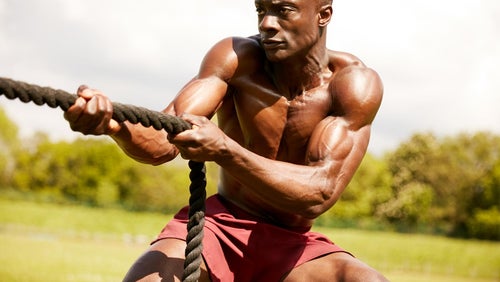
6 Foods For Your Muscle Building Meal Plan
The foods you need to really build muscle....
4. Get a Dose of Vitamin D
Spending all your time between the office and the gym means you probably aren’t soaking up too many rays of sunshine.
Vitamin D is responsible for the absorption of various minerals including calcium, magnesium, phosphate and other biological effects important in our body. This makes Vitamin D one of the most important vitamins for building muscle and losing fat. If your diet is low in Vitamin D, it could be preventing you from reducing fat and building muscle.
A lack of vitamin D has been associated with lowered muscle repair and increased loss of lean body mass.
Tuna Mackerel Salmon Egg yolks Cheese Fortified foods e.g., soya milk and cereals
If you’re living in the UK, chances are you’re not getting nearly enough sunlight (it rains far too much here for that). As the sun is our main source of vitamin D, you may want to take a supplement to boost your intake. Some of us need more than others, so check with your doctor for the best advice. And if you are heading out into the sunshine, remember to always wear sunscreen!
5. Do Strength Training
Obviously to build those guns, you’re going to have to lift some weights. The best way to burn calories, as well as build muscle, is to add a good strength training programme into your routine.
You want to focus on working your whole body at least two times a week — easy enough, right? Aim for exercises that work more than one muscle group at a time. For example, squats, bench presses, deadlifts, overhead presses and barbell rows are great.
Compound movements (which target more than one muscle group) boost calorie burn while challenging your muscles. They require more energy (calorie burn) to accomplish and are the best way to target fat loss and muscle building at the same time. This will make it easier for you to lift heavier, get stronger, or maintain muscle as you lose weight.
Try to aim for two to three gym sessions with a variety of compound exercises like squats and deadlifts. And don’t forget to have at least one rest a day a week
Take Home Message
To lose weight and build muscle, you need to focus on having a calorie deficit whilst still providing enough nutrition to help promote muscle gains. Think about the levels of protein, fats, and vitamin D in your diet and combine this with a good strength training programme with enough rest days. This will ensure you maintain as much muscle as possible as you continue on your fat loss journey.
READ THESE NEXT:
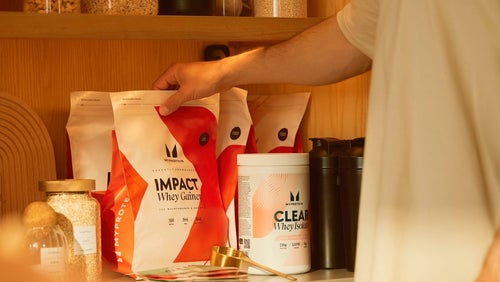
The 8 Best Supplements For Muscle Gain
Is growing muscle on your agenda? Then you've probably considered supplements – ...

8 Benefits Of Ashwagandha | What Is It? What Are Its Side Effects?
Improve your memory, recovery and reduce stress....

Claire is a Registered Dietitian through the Academy of Nutrition and Dietetics and a board-certified Health and Wellness Coach through the International Consortium for Health and Wellness Coaching. She has a Bachelor of Science in Biology and a Master’s degree in Clinical Dietetics and Nutrition from the University of Pittsburgh.
Talking and writing about food and fitness is at the heart of Claire’s ethos as she loves to use her experience to help others meet their health and wellness goals.
Claire is also a certified indoor cycling instructor and loves the mental and physical boost she gets from regular runs and yoga classes. When she’s not keeping fit herself, she’s cheering on her hometown’s sports teams in Pittsburgh, or cooking for her family in the kitchen.
Find out more about Claire’s experience here.
1. Griggs, R., Kingston, W., Jozefowicz, R., Herr, B., Forbes, G., & Halliday, D. (1989). Effect of testosterone on muscle mass and muscle protein synthesis. Journal Of Applied Physiology, 66(1), 498-503. doi: 10.1152/jappl.1989.66.1.498
2. Molfino, A., Gioia, G., Fanelli, F., & Muscaritoli, M. (2014). The Role for Dietary Omega-3 Fatty Acids Supplementation in Older Adults. Nutrients, 6(10), 4058-4072. doi: 10.3390/nu6104058
3. Noreen, E., Sass, M., Crowe, M., Pabon, V., Brandauer, J., & Averill, L. (2010). Effects of supplemental fish oil on resting metabolic rate, body composition, and salivary cortisol in healthy adults. Journal Of The International Society Of Sports Nutrition, 7(1). doi: 10.1186/1550-2783-7-31
4. METTLER, S., MITCHELL, N., & TIPTON, K. (2010). Increased Protein Intake Reduces Lean Body Mass Loss during Weight Loss in Athletes. Medicine & Science In Sports & Exercise, 42(2), 326-337. doi: 10.1249/mss.0b013e3181b2ef8e
5. Kerksick, C., Rasmussen, C., Lancaster, S., Magu, B., Smith, P., & Melton, C. et al. (2006). The Effects of Protein and Amino Acid Supplementation on Performance and Training Adaptations During Ten Weeks of Resistance Training. The Journal Of Strength And Conditioning Research, 20(3), 643. doi: 10.1519/r-17695.1
6. Willoughby, D., Hewlings, S., & Kalman, D. (2018). Body Composition Changes in Weight Loss: Strategies and Supplementation for Maintaining Lean Body Mass, a Brief Review. Nutrients, 10(12), 1876. doi: 10.3390/nu10121876
7. Dzik, K., & Kaczor, J. (2019). Mechanisms of vitamin D on skeletal muscle function: oxidative stress, energy metabolism and anabolic state. European Journal Of Applied Physiology, 119(4), 825-839. doi: 10.1007/s00421-019-04104-x
